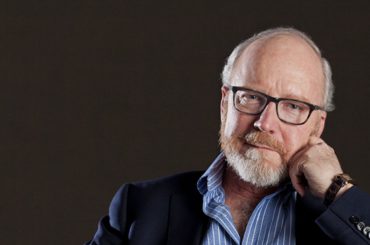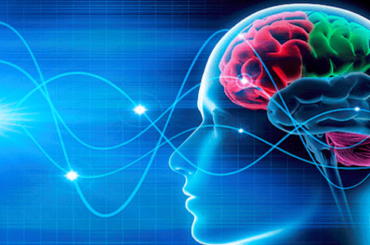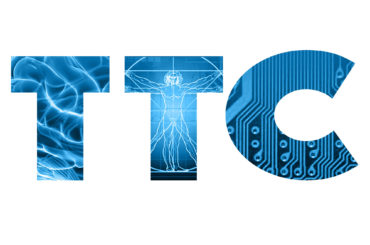Dr. Alexander Zhavoronkov is the founder and CEO of Insilico Medicine, focused on next-generation artificial intelligence technologies for drug discovery and biomarker development. He is also the founder of Deep Longevity, a biotechnology company which uses AI-discovered “longevity clocks” to compute a user’s rate of aging at the molecular, cellular, tissue, organ, system, physiological, and psychological levels. In September, Deep Longevity was acquired by Regent Pacific Group for $3.2 million in stock.
Alex is a headline speaker at this year’s TransTech conference Nov. 13-14.
What is Deep Longevity? What’s your vision of human aging?
The mission and the core technology of our company is to develop very comprehensive AI- driven aging clocks. Our idea is to combine as many data types as possible, keeping an open mind, and then see how these combinations help you reach certain goals. So, for example, we want to connect transcriptomic aging clocks from skin with the picture of the skin. Or the various features in your blood test with your psychology. AI allows you to connect previously disconnected data. My ultimate goal is to improve human performance. The pace of technological change is now much faster than what evolution needs to help us adapt. So we need to go beyond nature. I want to enable people on the path of continuous improvement.
How does human psychology work in the context of longevity and AI?
I started looking at the psychology of aging from several vantage points. How do we change our behavior, our perception of ourselves and of the world, in the context of aging? If you are familiar with the socioemotional selectivity theory out of Stanford, it postulates that the longer you expect to live, the younger you are going to behave, in a way. And your perception of the time horizon can be modified using pretty simple interventions, which would affect your behavior as well. I started looking at ways to track this and what features contribute to you looking older or younger. The other vantage point that fascinates me is the way we deceive ourselves to ignore aging. We are much more conscious about the immediate threats like COVID, but if you think about aging, it will kill you 100% percent of the time. Millions of years of evolution led us to strategically deceive ourselves, which is one of the ways to protect ourselves against the major psychological stress associated with aging and dying. So we’ve built, to my knowledge, the first AI-based psycho marker of psychological age. I can actually now track the way you age from multiple vantage points. And also decipher this psychological age into the multiple features that I can put into the causal pathway and identify the various mechanisms where we can intervene. It’s very similar to what we are doing in biology.
What are some changes that can affect our psychological clock?
There are many things that you can modify – you can change your social circle, you can modify the way you form relationships, the way you value those relationships, the way you perceive certain signals and process certain signals, the way you form expectations about your own health and longevity. I also hope that we will be able to develop biological interventions that will change our psychology so you perceive aging differently and you perceive the world differently, behave differently. And in our case, we want to come up with a better understanding of the interplay of hardware and software – psychology and biology- and how they change during aging. I hope that once I publish my psychological aging clocks, we will be able to really ignite this area of research because we will provide psychologists with new tools that will help them conduct various behavioral modification experiments and with the help of our Young.AI app they will also be able to connect that to biology.
Author
Anastasia Ustinova





